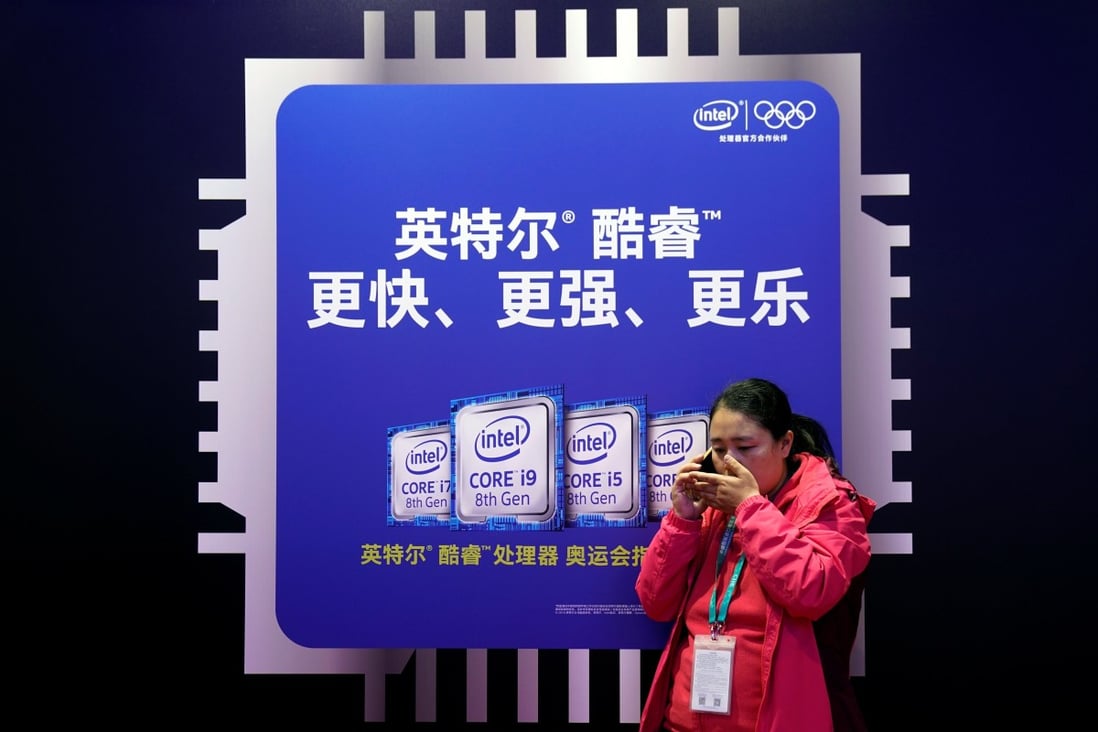China remains a key market for American semiconductor giant Intel Corp, Intel's CEO Patrick Gelsinger stated, despite the Biden administration's efforts to restrict the export of advanced chip technologies to Chinese entities. Gelsinger made this statement at a sustainability summit hosted by Intel in Beijing, saying, "Intel's presence in China is very important because the country is one of the world's largest markets, and also one of Intel's most important markets," as reported by multiple Chinese media outlets. Gelsinger further highlighted that Intel, which established its first Beijing office in 1986, has a long-standing reliance on local partners for research and development, standards setting, and manufacturing of products.

The Chips and Science Act, a legislation passed into law last summer, allocates approximately US$53 billion in subsidies to boost domestic semiconductor manufacturing, with a caveat that prohibits recipients from building advanced chip-making capacity in China. In addition, a regulatory update implemented in October by Washington imposes restrictions on the sale of specific chip-making tools and design software to Chinese companies, and prohibits American citizens from supporting China's advancement in advanced chip technologies.
According to a statement from the Ministry of Commerce, Intel CEO Patrick Gelsinger met with Chinese Commerce Minister Wang Wentao on Tuesday to discuss various topics, including "China-US economic and trade relations, maintaining security and stability of the global semiconductor industry chain, and Intel's development in China."
According to Wang, "China's development will provide new opportunities for the world, and a broader market for multinational corporations such as Intel." Gelsinger's recent trip to China, his first since becoming CEO in 2021, follows a meeting between top Chinese officials and international C-suite executives, including Apple CEO Tim Cook, showcasing confidence in the Chinese market despite geopolitical uncertainties. Similar to Apple, China is a significant revenue source for Intel, as it is the company's largest market outside the US, accounting for 27% of its global revenue last year, according to its latest annual report.
To comply with US export restrictions on advanced chips to China, Intel is reportedly planning to retire its Max 1350 data center graphics processing unit (GPU) and introduce a new Max 1450 GPU later this year for "different markets," as reported by US technology news outlet Tom's Hardware on Tuesday. Intel has not yet responded to requests for comment on this matter.
In a similar move, US chip designer Nvidia recently modified two of its best GPUs into less advanced versions that comply with US rules for export to China.
During his visit, Gelsinger also praised China's innovation in driving sustainability and committed to collaborating with China to support its digital transformation and address energy issues. Furthermore, Intel announced on Saturday that it is establishing a subsidiary in Sanya city in China's southern Hainan province, with a focus on international trade, technology services, and investment.







